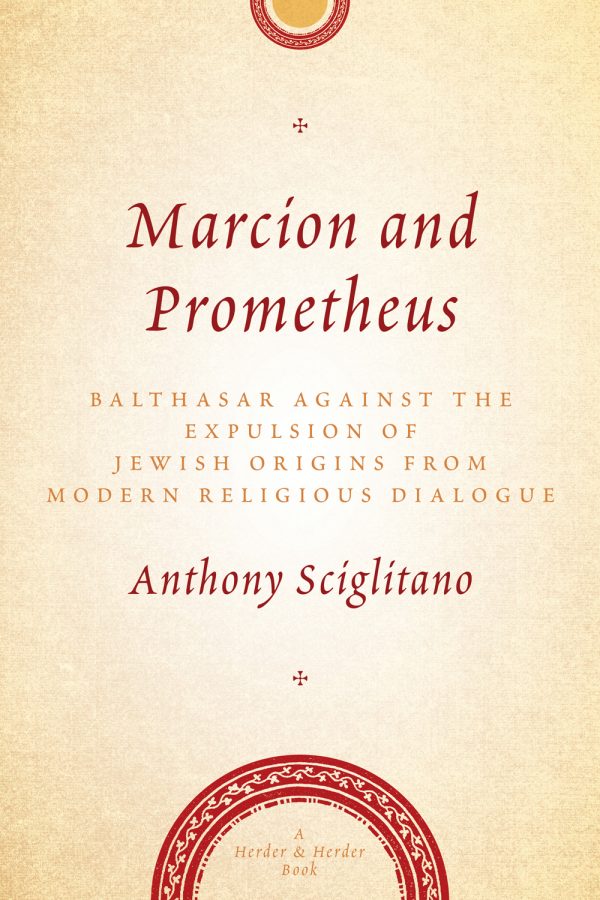Anthony Sciglitano (Author)
Anthony Sciglitano is an associate professor in, and the chair of, the department of religion at Seton Hall University, as well as the director of the university core curriculum housed in the Institute for Interdisciplinary Studies. His areas of focus are theological hermeneutics; theology, religion, and secularism; theology of religions; and fundamental religion. He has published articles in Modern Theology and the journal Pro-Ecclesia, which focuses on Catholic–Evangelical dialogue. He lives in Morris Plains, New Jersey


